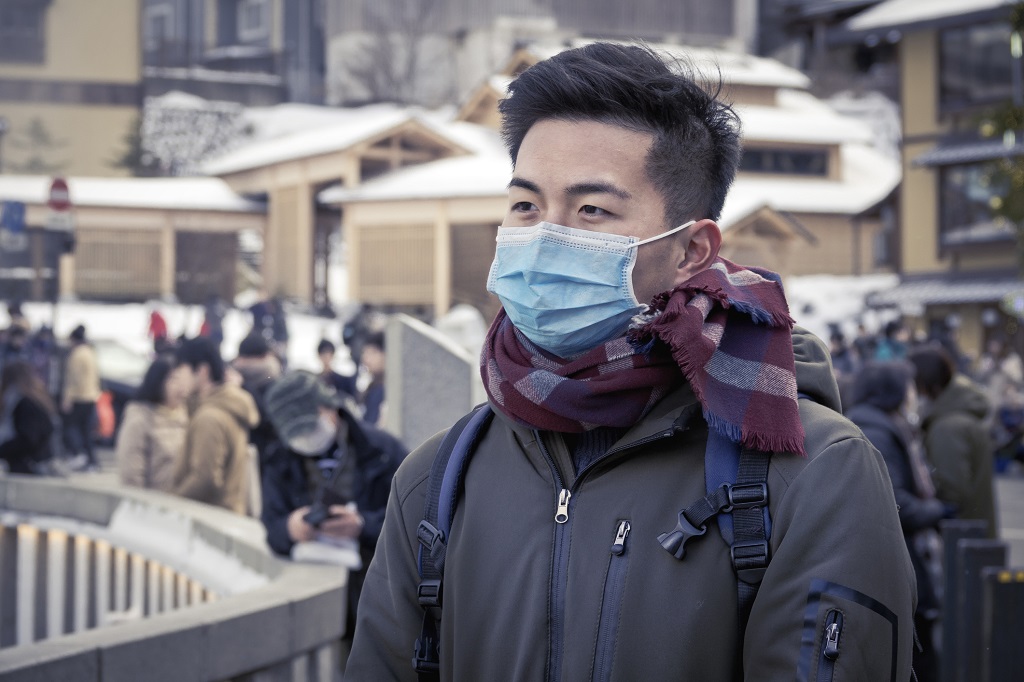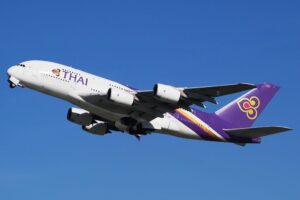I really wanted to travel to Japan this year but I heard that in some seasons pollens are bad in some parts of japan and I have an allergy to pollens. Is this true? If yes, what is the best time of the year to visit Japan and avoid pollen allergy and what destinations should I avoid? And what should I do to avoid pollen allergies in Japan?
Answered by our Expert
With over 35 years experience in the Travel industry, I pride myself on delivering amazing service to my clients.
Cruise, Family, Cycling
Yes, it is true that pollen allergies can be a problem in some parts of Japan during certain seasons. The main culprit is Japanese cedar pollen, which affects many people in Japan.
The best time of year to avoid pollen allergies in Japan is during the winter months, from December to February, when pollen counts are low. The worst months for pollen allergies in Japan are typically from late February to early April, during the blooming season of Japanese cedar trees.
If you have a pollen allergy, it is best to avoid visiting places with high concentrations of Japanese cedar trees during the blooming season. Some areas to avoid during this time include Tokyo, Kyoto, and Hiroshima.
However, there are still plenty of destinations in Japan that you can visit during the blooming season without experiencing severe allergy symptoms. Hokkaido and Okinawa, for example, are relatively pollen-free during the spring months and offer beautiful scenery and unique cultural experiences.
If you are visiting Japan during pollen season and have allergies, there are several things you can do to help minimize your symptoms:
- Check the pollen forecast: Before your trip, check the pollen forecast for the areas you plan to visit. This will help you plan your activities and medication accordingly.
- Wear a mask: Many people in Japan wear masks during pollen season to reduce their exposure to allergens. You can purchase masks at most drug stores or convenience stores in Japan.
- Take allergy medication: If you have allergies, talk to your doctor about taking allergy medication before your trip. Antihistamines and nasal sprays can help relieve symptoms.
- Stay indoors during high pollen counts: Try to stay indoors during high pollen counts, especially in the morning when pollen counts are highest.
- Choose pollen-free destinations: Consider visiting destinations that are known to be relatively pollen-free, such as Hokkaido or Okinawa.
- Keep windows closed: Keep windows closed in your hotel room or rental apartment to avoid letting pollen in.
- Take a shower and change clothes: After spending time outside, take a shower and change your clothes to wash off any pollen that may be on your skin or clothing.
By taking these steps, you can reduce your exposure to pollen and enjoy your trip to Japan without being hindered by allergy symptoms.
It is important to note that pollen allergies can vary in severity from person to person, so it is always a good idea to consult with your doctor before traveling to Japan if you have a pollen allergy. Your doctor may be able to recommend specific medications or precautions that can help you manage your symptoms while traveling.




















